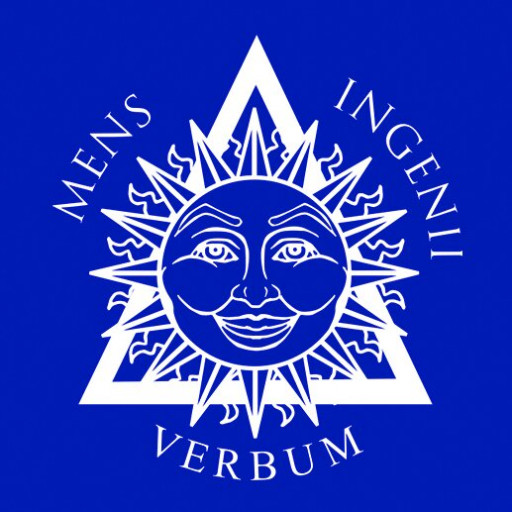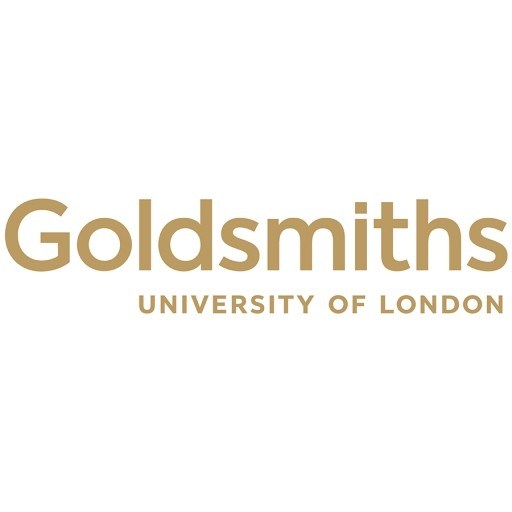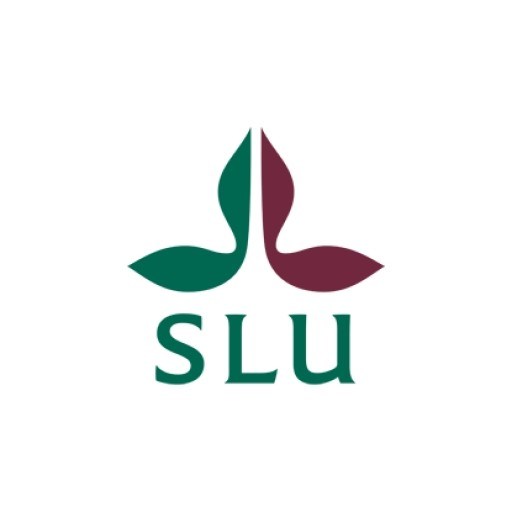Photos of university / #tallinnatehnikakorgkool
Are you a technician or science graduate? Are you hungry for more knowledge in the broad field of molecular life sciences? Would you like to be involved in the development of biotechnical products such as vaccines, drugs or biofuels? Then Molecular Life Sciences at HAN is the Masters course you're looking for!
Translating research into products
The Masters courses at HAN University of Applied Sciences are internationally renowned for their seamless integration with professional practice. HANs Masters course in Molecular Life Sciences is unique in that it focuses on applied research and product development, and because it integrates scientific and project management skills. In this way the course meets the needs of the actual work field.
During your studies you gain extensive knowledge in the field and learn how to apply fundamental research to biotechnical product development such as vaccines, drugs, diagnostic tests biofuels and enzymes.
Professional opportunities
The biotech industry, pharmaceutical companies, hospitals and research institutions are constantly in need of competent, goal-oriented and interdisciplinary professionals. Graduates of this Masters course are able to independently plan and execute short to medium-length projects.
You will be employable in positions such as junior project leader and lab manager. Another option for you as a Masters graduate is to continue your academic career with a PhD project, preferably in applied research.
Two-year course taught in English
The Masters course in Molecular Life Sciences is taught entirely in English. You can combine your work with study by taking this part-time two-year course.
Master in Molecular Life Sciences
Upon successful completion of the course, you will attain the title 'Master of Applied Science'.
Course overview
The Masters course in Molecular Life Sciences is a two-year course. It can also be done part-time in combination with a job in the professional field. You are eligible for enrolment in the course if you have a Bachelor of Life Sciences and you have experience as a lab technician in a molecular biology, cell biology or biochemistry laboratory. If you have a technicians qualification from a German institute, you can enrol after an admission assessment.
Exposure to professional practice
Our curriculum will provide you with state-of-the-art information and techniques. You will be taught by experienced guest lecturers from the field and lecturers from HAN's Research Group for Industrial Microbiology. This guarantees that you will receive an education of the highest possible quality.
You will learn from inspiring project cases and meetings that are relevant to current issues in professional practice. The latest scientific literature and intensive discussions with fellow students and lecturers specialised in a range of industries will motivate you to become fully involved in the innovation process. This is your chance to build a lasting network of outstanding quality!
Innovative and practice oriented
From day one of the course, you will acquire a broad overview of both scientific and project management knowledge and skills. These include subjects such as cell and molecular biology, immunology and vaccine development, drug development, statistics, bio-informatics, scientific writing, patent searches, quality control, project planning, team work and efficient meetings, persuasive speaking and situational leadership.
The knowledge and skills taught in the course are regularly reinforced by interaction with professionals from the field. This innovative and practice-oriented course will prepare you to use your skills in your current or future job!
You can find a complete overview of the knowledge and skills taught in the course under the Body of Knowledge and Skills link on the right.
Commitment and coaching
The classes are small and there is plenty of scope for personal coaching. A personal tutor will be available to support you throughout the entire course and our lecturers are committed to guiding you to success. International students also receive support to help them with personal matters related to living in the Netherlands, such as housing and health care
Unique career opportunity for technicians from Germany
If you are a graduate from a German university or a laboratory or technical assistants course, the HAN Masters course in Molecular Life Sciences offers you a unique opportunity to take a major step forward in your career. Your German technicians qualification is a recognised prerequisite for participation in this Masters course. Other factors, including relevant work experience, will also be considered in an admission assessment in which you will be asked to demonstrate that you have developed to a Bachelors level. More information can be found under the Admissions link on the left.
Course structure
The Masters course in Molecular Life Sciences consists of six compulsory modules. The first five modules are outlined below; the sixth and final module is the graduation project. You will also be trained in project management, which will complement your scientific knowledge and skills. Upon completion of the course you will have the skills required to manage projects in a goal-oriented manner and to translate research into products.
Module 1: Introduction
The first module will help you revise your knowledge of biochemistry, molecular and cell biology and the techniques used in the field. For example, you will brush up on how to apply statistics and databases in biology, and on the techniques for reviewing scientific literature. These advanced undergraduate-level skills are fundamental to further competence development.
Module 2: Production of Biomolecules
The efficient production of proteins and other biomolecules for different industrial purposes is central to this module. You will acquire knowledge in the areas of production strains, metabolic engineering and upstream and downstream processing and then apply this knowledge to devise strategies for the production, purification and analysis of biomolecules. You will also look at the quality and quantity of your final product and at quality control. Process optimisation using experimental design will be another part of your activities. Finally, you will write complete proposals containing a scientific strategy that outlines economic aspects such as costs, risks, organisation and responsibilities.
Module 3: Vaccines and Diagnostic Tests
During the third module, Vaccines and Diagnostic Tests, you will learn more about pathogens, the immune system, vaccines and diagnostic tests. You will design new putative vaccines and diagnostic tests on the basis of scientific and practical aspect. Guest lecturers will inspire you by talking about their current R&D projects during the Fighting Infectious Diseases Seminars. Seminars and literature on quality assurance in diagnostics and classes on the relevant statistics enable you to design a plan for validating the diagnostic test you outlined.
You will also receive training in scientific writing and presentations, enabling you to communicate your findings and advice about future products in a professional way. You will also be asked to write for experts in the field and to summarise your proposal with relevant arguments for another department of your company.
Module 4: Drug Development
You will gain advanced knowledge about phases of drug development, targets and drug types, pharmacology, toxicology and pharmacokinetics. Current strategies to identify drug targets and screen for potential drugs are subjects of your study as well. You will learn how to analyse data from a high-throughput screening experiment.
You will consult regulatory guidelines to learn about requirements for drug registration. The in-depth knowledge you will gain about the molecular processes of cancer development will enable you to set out strategies to design and develop your own putative anti-cancer drugs. In this process, you will consider patent and business development opportunities.
Guest lecturers will inspire you by telling you about their current projects in the field.
Module 5: Project Management
The Project Management module runs in parallel with modules 2 and 3 and you apply what you learn here to assignments for modules 2 and 3, thereby combining scientific and economic aspects of projects. The module takes place in a work placement setting.
In project management modules, you define deliverables, plan the different phases of your project, visualise the interdependence of different project activities, identify risks, estimate the required budget and practice your communication skills. After applying project management principles to your project, you will receive feedback from the trainer. This will help you to improve your contribution to the project and the organisation in which you work.
Graduation Project
During your final module, all the skills you have acquired during the course are used in planning and carrying out a product development project in the company or research institute of your choice. You will write a comprehensive project proposal and execute it according to this plan.
Placement in the field
Your graduation project is a six-month full-time component of the course, involving a work placement. Successful completion of this project involves producing a project proposal and a project report, and presenting and defending your Masters thesis.
International opportunities
Your graduation project may take place at a foreign company or institute. Deciding where you do your graduation project depends on the nature of the project itself and on the possibilities within the industry.
Some key examples of past projects include the development of diagnostic or prognostic tests, research into drugs, laboratory kits, and protein production. You are free to choose the project and location yourself, but you need to obtain project approval and support from the faculty.
Scholarships
Personal scholarships can be obtained from various organisations.
- Nuffic Grantfinder
- Netherlands Fellowship Programmes (NFP)
- StuNed for students from Indonesia
- Jean Monnet for students from Turkey
- Contact for students from Mexico
- Orange Tulip for students from China, Korea, Mexico, Indonesia and Taiwan
Accreditation
NVAO accredited
The HAN Masters courses are NVAO accredited (NVAO is the Dutch Flemish Accreditation Organisation). Experienced lecturers are dedicated to maintaining this accreditation by continually updating the courses, thereby ensuring that they are of the highest quality.









